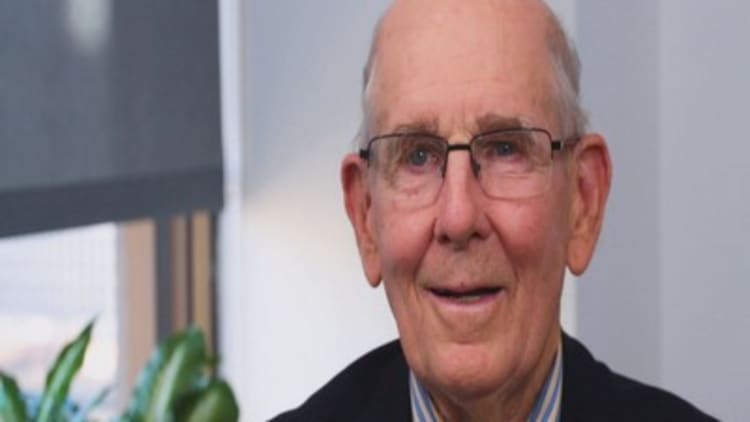Members of the Federal Reserve are reportedly debating whether to signal a "wait-and-see" approach after a probable hike to the central bank's overnight rate at its meeting later this month.
As a part of the Fed's emerging "data dependent" plan, it could chose to pause the regular quarter-point increases to the federal funds rates and not hike in March, the Wall Street Journal reported Thursday. Federal Open Market Committee officials — who vote on whether to change the rate — have been raising the rate about once per quarter for the past two years.
The report sent the Dow Jones Industrial Average rocketing higher in the final hour of trading after it was down more than 700 points.
Under the prior schedule of rate hikes, the Fed would be poised to bump rates again in March; a change to a new pace of hikes could indicate that Fed Chairman Jerome Powell and his colleagues are wary of disrupting the stability of financial markets.
Though market participants and Fed leadership are confident the central bank will hike borrowing costs in December, Powell last Wednesday said that rates were "just below" the level that would be neutral for the economy — meaning they would neither speed up nor slow down economic growth. The comment diverged from a previous remark from Powell that rates were a "long way" from the bank's aimed neutral level.
Minutes from the Fed's November meeting showed that members are wary of the effect trade tensions and corporate debt could have on economic growth, a sign some took to mean that the FOMC could pause regular rate increase in 2019. Moreover, officials indicated that they could adjust future statements to remove the reference to further rate increases and instead emphasize the Fed's reliance on data when making monetary policy decisions.
—CNBC's Jeff Cox contributed reporting. Click here for the original report from the Wall Street Journal.
WATCH: How the Fed could cause the next recession, according to Gary Shilling



